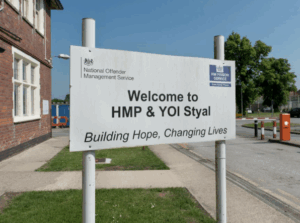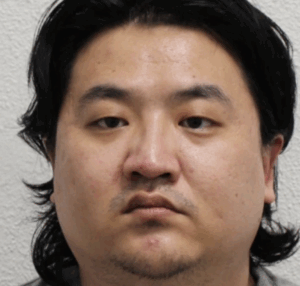Governor Greg Abbott of Texas has signed into law a bill making illegal immigration a state offence, marking a significant shift in the state’s approach to immigration enforcement. The law, which allows Texas law enforcement to arrest undocumented immigrants within the state, is expected to provoke a legal battle with the federal government.
Senate Bill 4, which was signed on Monday, allocates $1.54 billion in state funds to continue constructing barriers along the Texas-Mexico border. The bill also authorizes up to $40 million for state troopers to patrol specific areas, such as Colony Ridge, a housing development near Houston.
The new legislation creates a state crime for illegal border crossing from Mexico, a move likely to ignite a legal showdown, given that federal courts, including the U.S. Supreme Court, have historically ruled that immigration laws can only be enforced by the federal government. The law classifies the offence as a Class B misdemeanour, with penalties of up to six months in jail. Repeat offenders could face a second-degree felony, carrying a sentence of two to 20 years in prison.
Abbott, speaking in Brownsville, emphasized the need for Texas to defend itself against drug cartels and critiqued the Biden administration’s immigration policies. He stated, “Biden’s deliberate inaction has left Texas to fend for itself.”
However, the bill has drawn criticism from immigrant rights organizations, Democrats, and former immigration judges, who argue that it is unconstitutional since immigration enforcement is federally mandated. There is also concern that the law could undermine the legal system and threaten the safety and dignity of asylum seekers.
U.S. Representative Joaquin Castro and other Democratic Congress members have urged the Department of Justice to take legal action to prevent the law from taking effect. Additionally, 30 former immigration judges have called the bill unconstitutional.
Under the new law, migrants agreeing to return to Mexico can have their charges dropped. Those who refuse and serve their sentence in Texas will then be transported to a port of entry, facing a felony charge for refusing to return to Mexico.
The law’s implementation may face complications if the Mexican government refuses to accept certain migrants deported by Texas. Experts and former Mexican officials have stated that Mexico is under no obligation to accept non-Mexican immigrants deported by the state.
Governor Abbott’s response to potential challenges from Mexico was direct: “We’re going to send them right back to Mexico.”
The new laws represent a significant shift in Texas’ immigration policy and are likely to become a focal point in the ongoing debate over state versus federal jurisdiction in immigration matters.





































